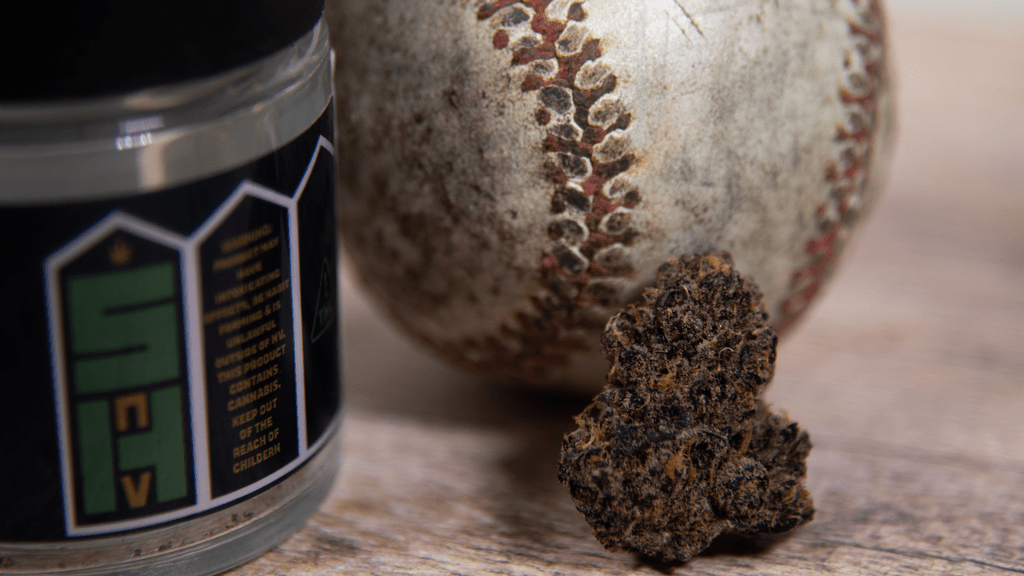For decades, cannabis and professional sports have existed in a tense tug-of-war—one side fueled by evolving science and shifting public perception, the other constrained by outdated policies and league politics. But if cannabis were to be legalized federally, that balance would shift dramatically. The implications would ripple across locker rooms, sponsorship deals, player health, and even fan culture.
The End of Punitive Drug Policies
The most immediate and visible change would be in how leagues handle cannabis-related discipline. Right now, despite a growing number of states with legal cannabis, major leagues like the NFL, NBA, and NHL all handle cannabis inconsistently. The MLB has already taken major steps by removing cannabis from its list of banned substances in 2019, but other leagues lag behind.
Federal legalization would likely standardize cannabis policies across all major sports. No longer would players face suspension or fines for using a plant legal in their home state. The shift could also help dismantle lingering stigma—particularly for athletes who have used cannabis responsibly for pain relief or recovery. In effect, legalization would move cannabis out of the shadows and into the realm of legitimate medical care.
Athletes and Access to Safer Recovery
With federal legalization, athletes would finally have open access to cannabis-based therapies for pain, inflammation, and anxiety—areas where traditional pharmaceuticals like opioids have caused long-term harm. CBD, THC, and other cannabinoids could be integrated into team recovery programs under medical supervision.
Imagine training rooms stocked with topical creams, recovery drinks, and sleep aids containing precise cannabinoid formulations instead of bottles of anti-inflammatories. Federal oversight would also allow teams to partner with certified medical professionals and researchers to tailor cannabis products specifically for athletic performance and recovery.
Players who suffer from chronic pain, concussions, or stress disorders would have more holistic, non-addictive treatment options. This could be a game-changer for leagues like the NFL, where players have long battled the effects of heavy medication and long-term head injuries.
A New Wave of Sponsorships and Revenue
Legalization wouldn’t just impact the athletes — it would transform the business of sports. Cannabis brands could become legitimate advertisers and sponsors, just like beer or energy drink companies. Picture cannabis wellness companies sponsoring halftime segments, stadium lounges, or athlete training camps.
The sports marketing ecosystem would see a massive influx of investment from cannabis and CBD companies eager to reach mainstream audiences. MLB’s partnership with Charlotte’s Web in 2022 — making it the first league to embrace an official CBD sponsor — could soon become the norm across all sports. The ripple effect could extend to merchandising, fan experiences, and media collaborations.
Research and Performance Optimization
Federal legalization would finally remove barriers to cannabis research, enabling sports medicine experts to study its effects on muscle recovery, sleep, and mental focus. This could lead to evidence-backed integration of cannabinoids into athlete nutrition and wellness programs.
It might even open doors for a new generation of “performance wellness” products — cannabinoid-infused hydration blends, pre-workout formulas, and recovery shakes designed specifically for high-performance athletes.
Culture, Acceptance, and the Future of Fair Play
Ultimately, federal legalization would help normalize cannabis not just in sports, but in society at large. Athletes who once had to hide their cannabis use — from NBA legends like Allen Iverson to NFL stars like Ricky Williams — could finally share their stories openly and advocate for responsible use.
Sports have always mirrored societal progress. When cannabis becomes federally legal, the shift won’t just be about policy — it’ll be about perception.







